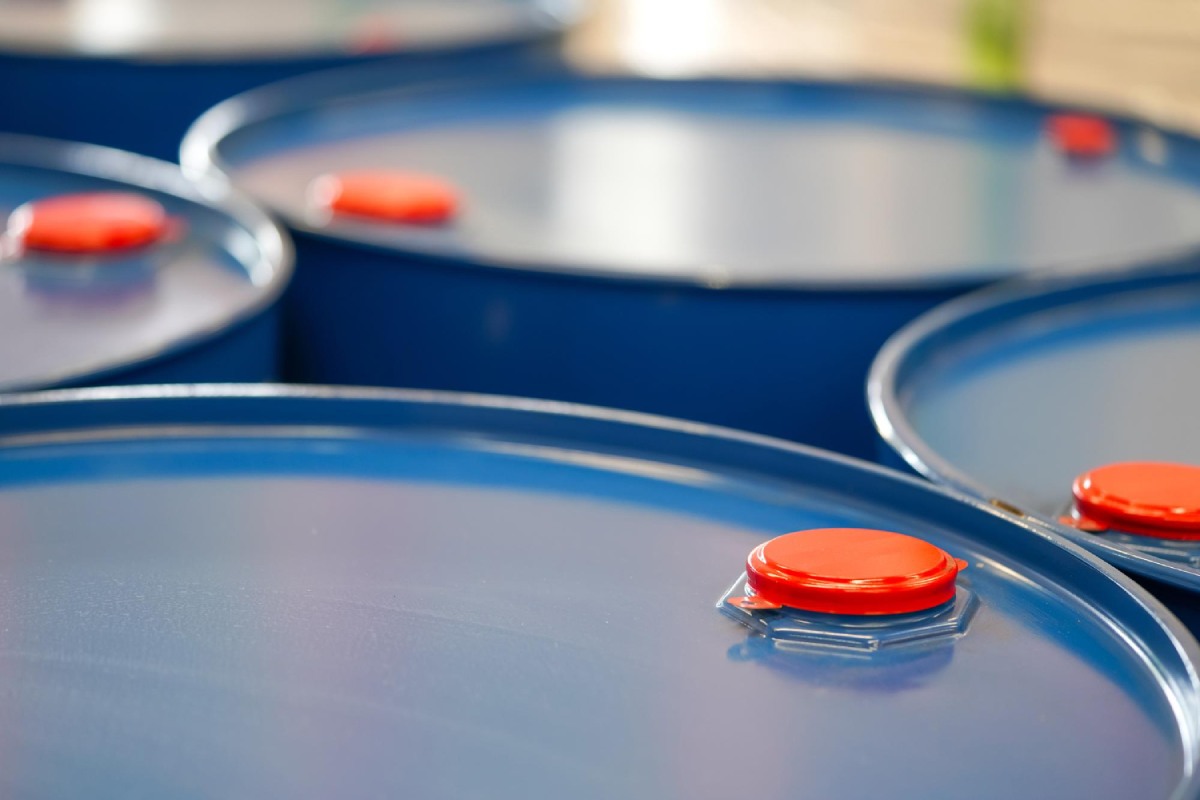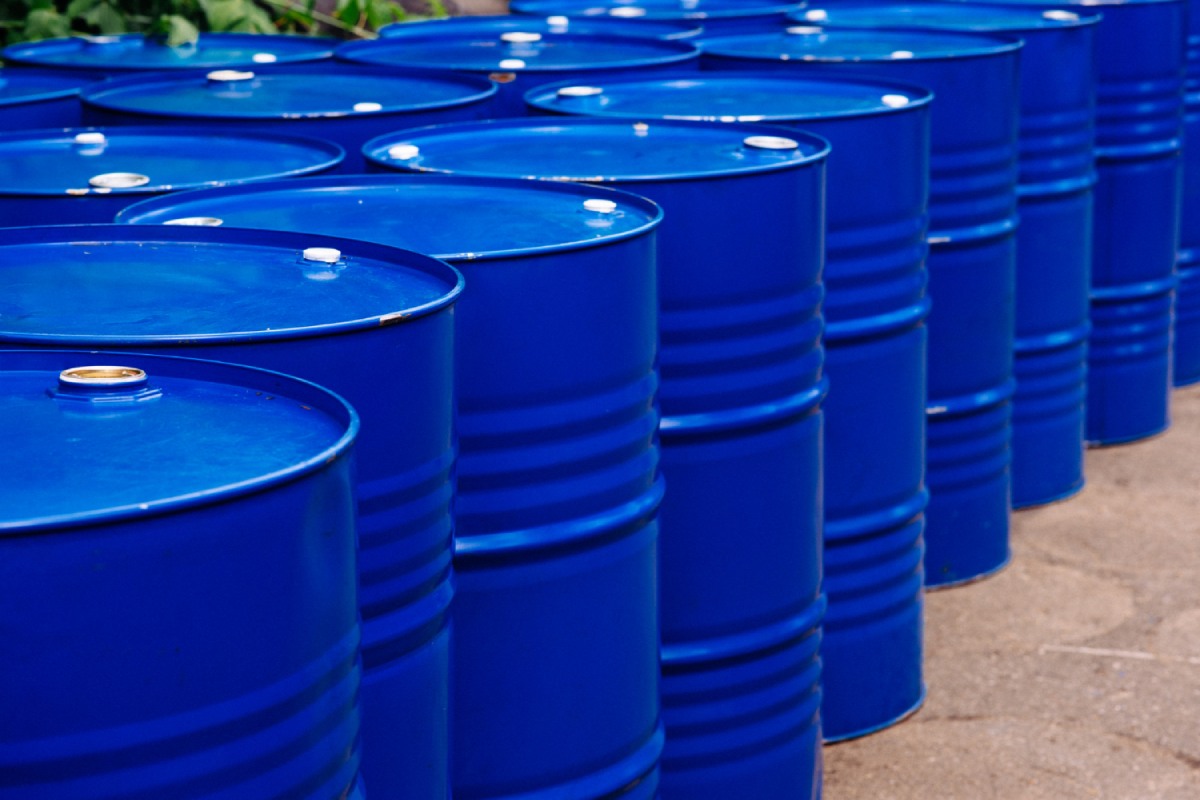
Understanding AdBlue and Its Importance
AdBlue Production is essential for reducing harmful emissions in diesel engines. It is a high-purity urea solution that helps break down nitrogen oxides into harmless nitrogen and water vapor. This process significantly contributes to a cleaner environment. The demand for AdBlue continues to grow as emission regulations become stricter worldwide.
Raw Materials Required for AdBlue Production
The primary ingredient in AdBlue Production is high-purity urea, which is mixed with deionized water. The purity of these raw materials is crucial to ensure that the final product meets stringent quality standards. Any impurities in the ingredients can negatively impact the performance of the selective catalytic reduction (SCR) system.
Purification and Filtration Process
During AdBlue manufacturing, the solution undergoes multiple purification steps. Filtration removes contaminants and ensures the solution remains free from unwanted particles. This process helps maintain the required ISO 22241 standard, ensuring that the solution is safe for use in modern diesel engines.
Mixing and Blending Techniques
The mixing process is vital in AdBlue Production to achieve a uniform solution. The urea is carefully dissolved in deionized water under controlled conditions. Temperature and agitation play a crucial role in preventing crystal formation, which can compromise the effectiveness of the final product.
Quality Control and Testing
Strict quality control measures ensure that every batch of AdBlue meets the necessary specifications. Laboratory testing checks for urea concentration, water purity, and absence of harmful contaminants. Adhering to these standards is essential to ensure that the product remains effective in reducing emissions.
Storage and Packaging Considerations
Proper storage is crucial in maintaining the quality of AdBlue. The solution must be stored in temperature-controlled environments to prevent degradation. It is also packaged in specialized containers that prevent contamination and maintain the integrity of the solution until it is used in vehicles.
Distribution and Regulatory Compliance
Before AdBlue reaches the market, it must comply with international regulations. Proper labeling, transportation, and handling practices ensure safety and quality. Compliance with ISO and other regulatory bodies is necessary to guarantee that the product meets industry standards.
Conclusion
AdBlue Production is a meticulous process that involves precise raw material selection, strict quality control, and adherence to regulatory standards. Each step ensures that the final product is effective in reducing emissions and promoting a cleaner environment. With increasing emission regulations, the demand for high-quality AdBlue will continue to rise, making efficient production techniques more important than ever.
FAQ
- What is AdBlue used for?
- AdBlue is used in diesel engines to reduce nitrogen oxide emissions and meet environmental regulations.
- How is AdBlue produced?
- AdBlue Production involves dissolving high-purity urea in deionized water, followed by purification and quality control testing.
- What raw materials are required for AdBlue?
- The key ingredients are high-purity urea and deionized water, both of which must meet strict quality standards.
- How is AdBlue quality controlled?
- Each batch undergoes laboratory testing to ensure correct urea concentration and absence of contaminants.
- Can AdBlue be stored for a long time?
- Yes, but it must be stored in controlled conditions to prevent degradation and maintain its effectiveness.
- What happens if AdBlue is contaminated?
- Contaminated AdBlue can damage the SCR system, leading to engine malfunctions and increased emissions.
- Is AdBlue environmentally friendly?
- Yes, it helps reduce nitrogen oxide emissions, contributing to cleaner air and lower environmental impact.
- How is AdBlue transported?
- It is transported in specialized containers to prevent contamination and ensure regulatory compliance.
- Does every diesel vehicle need AdBlue?
- Only vehicles with a selective catalytic reduction (SCR) system require AdBlue for emission control.
- How often should AdBlue be refilled?
- The refill frequency depends on vehicle usage, but regular checks are recommended to avoid engine warnings.



